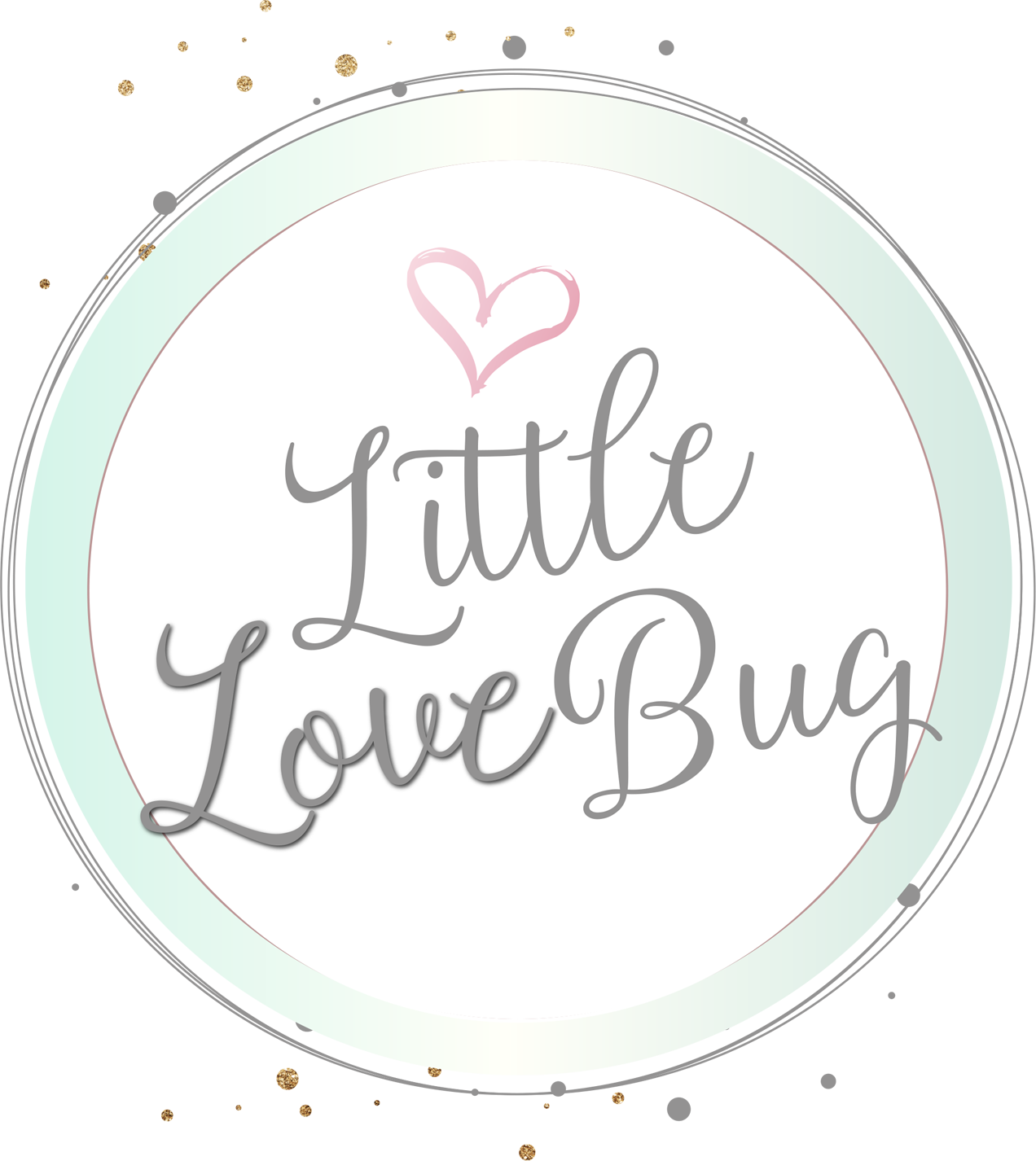
It's not just talking to them a lot.
When teaching kids language skills, it makes sense to expose them to as many words as possible through lots and lots of talking. However, a new study found a strategy that may be even more effective.
Research published in the journal Psychological Science suggests that back-and-forth conversations make more of an impact in developing Broca’s area, the region of the brain most closely associated with speech, than teaching kids many words, Scientific American reports.
The study, led by John Gabrieli, Ph.D., a neuroscientist at Massachusetts Institute of Technology, involved 36 children, ages 4 to 6, from a range of socioeconomic backgrounds. Researchers first used standardized tests to evaluate the children’s verbal ability, then evaluated kids' brains using functional magnetic resonance imaging (fMRI) while the child listened to 15-second stories. Finally, they examined the communication at home between adults and kids for two days, measuring adult and child speech, and back-and-forth verbal exchanges separated by no more than five seconds, called "conversational turns."
During the experiments, researchers found that a child’s verbal ability score increased by one point with every additional 11 conversational turns per hour.
For Kathryn Hirsh-Pasek, Psy.D., the director of the Infant Language Laboratory at Temple University, who was not involved in the study, the new findings provide a much-needed missing link in our understanding of language and learning. Dr. Hirsh-Pasek tells Scientific American, "We have known for quite a while that conversational turns—or what in my work we call conversational duets—are very important for building a foundation for language and maybe for learning generally. What hadn’t been done is to link it where we knew it had to be linked—to changes in the brain.”
The research confirms that parents should do do more than just babble at kids; it's also about connecting with them and encouraging them to engage. "If we learn better how to follow the eyes of our child and comment on what they are looking at, we will have strong language learners," Hirsh-Pasek says. "And language is the single-best predictor of school readiness—in math, social skills and reading skills. It is the foundation for learning.”
According to Scientific American, the findings confirm the conclusion of several studies suggesting that socioeconomic status is related to the number of words a child learns in their developing years, namely that there is a 30-million-word gap between the poorest and the richest children. The study is also noteworthy because it indicates that conversational turns have a stronger correlation to the development of Broca’s area than a child's socioeconomic status.
It may be good news for busy working parents. Instead of drilling your kids with tedious flashcards to improve their vocabulary, have a fun and meaningful conversation instead.
Written by Maria Zaldivar for Working Mother and legally licensed through the Matcha publisher network. Please direct all licensing questions to legal@getmatcha.com.


